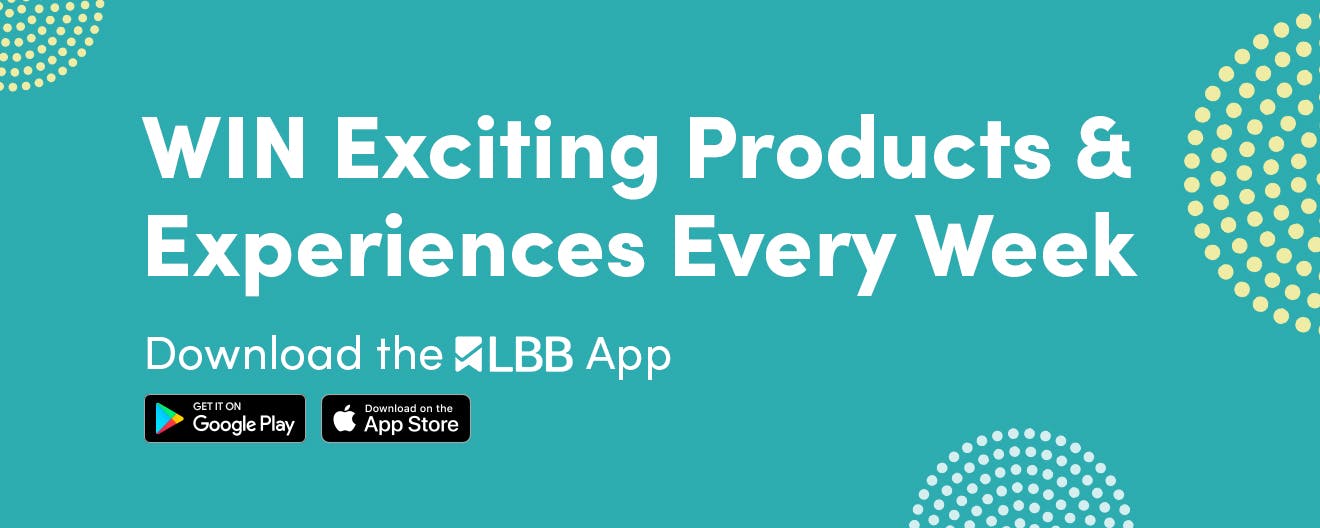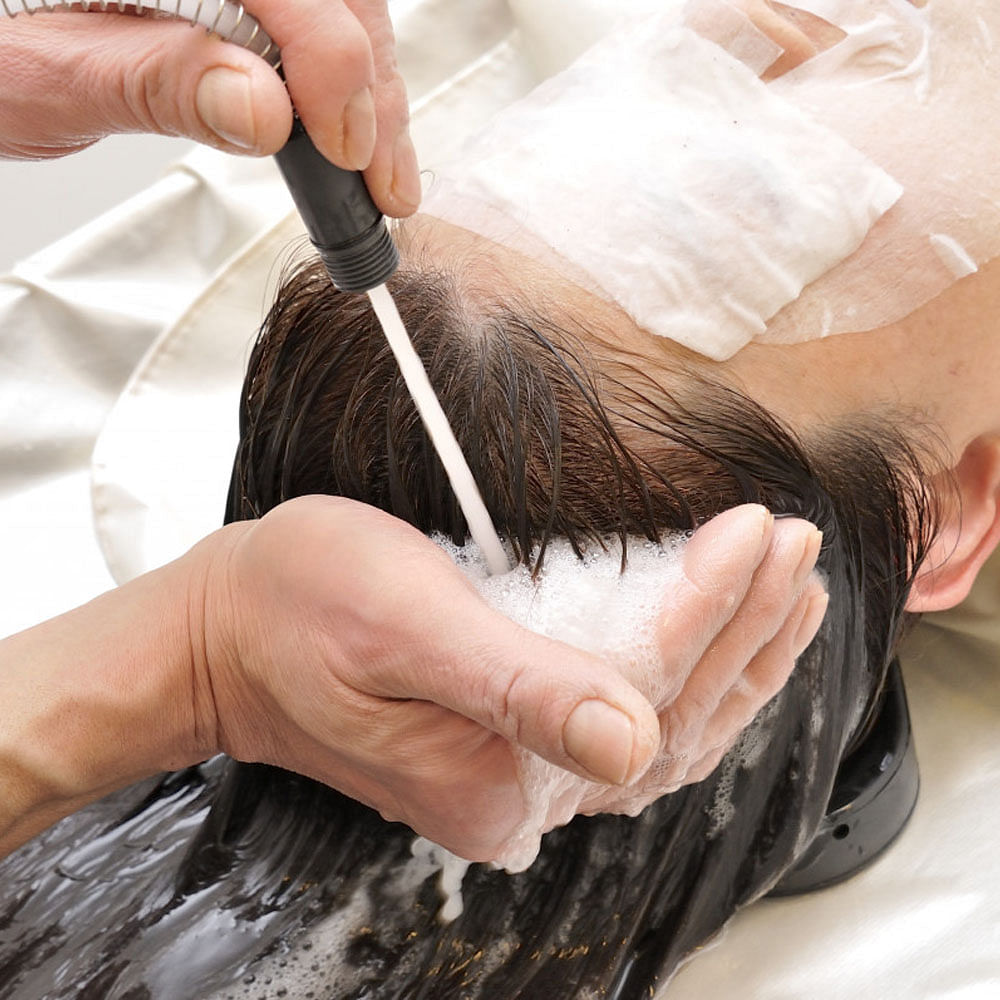There are all sorts of hair care brands that now proudly advertise that they offer sulphate and paraben-free products (including the same ones that used to sell them before) only because consumers are actively looking at the ingredients of what they're buying. Dr Pooja, however, clarifies that these ingredients only prove to be harmful when over a certain percentage. The real problem here lies in no actual regulations to check what is happening.
Parabens: According to research, parabens are safe to use, even in extremely large doses. Typically, they are used at levels ranging from 0.01% to 0.3% but are considered safe for use in cosmetics at levels up to 25%.
Sulphates: A surfactant which allows the oil and water molecules to bind together to get rid of dirt, oil and grime easily. It's what gives that squeaky clean feeling after a wash. It is generally safe to use if it is not likely to stay on your skin or scalp for a long period of time. Products that will be on the skin for a prolonged time can contain no more than 0.05% - 2.5% SLS in most countries but this cap varies based on how long the product is likely to be in contact with skin.
Silicones: These are incredibly effective for adding shine, sealing in moisture and managing frizz. Today, there are thousands of types of silicones used in over 50% of all hair care products in the market in levels as low as 0.01% in shampoos and conditioners all the way up to 85% in your average anti-frizz hair serums. These are not harmful till the time you're getting rid of the buildup they cause, as product build-up leads to breakage and lifeless-looking strands.
Most products in the market supposedly have these ingredients well within permissible limits, but there is a lack of regulation for them, still.


